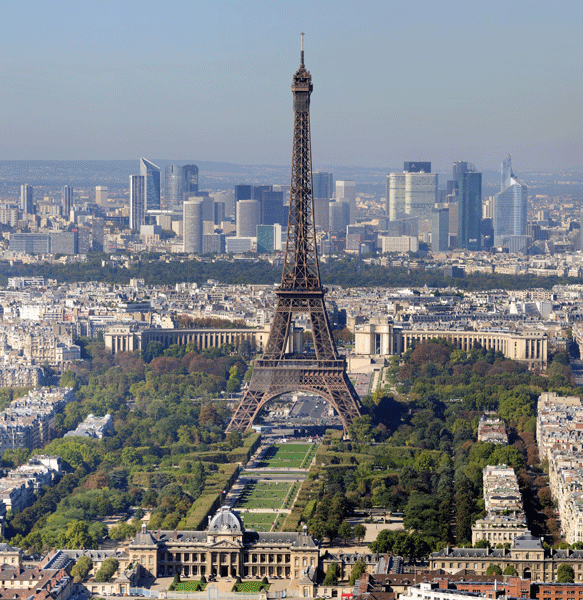
Last week, the world was stunned by a series of terrorist attacks in Paris that left at least 129 dead — the deadliest attack in France since World War II.
Three teams of militants staged coordinated attacks on the night of Nov. 13. Three suicide bombers detonated their vests near Stade de France, where French President François Hollande was attending a soccer match. They were attempting to get into the game, but were too late.
The deadliest attack of the night was at a rock performance at the Bataclan Concert Hall, where insurgents fired automatic weapons, threw grenades and took hostages, resulting in 89 civilian casualties before police forces killed the perpetrators.
Seven of the insurgents were killed that night. In a search for remaining perpetrators, French authorities arrested over 23 people and seized weapons in northern France from Nov. 15-16. On Nov. 18, police raided a suspected hideout of the ringleader of the Paris attacks, leading to the death of two suspects and eight detainees.
The Islamic State of Iraq and the Levant, commonly referred to as ISIS, claimed responsibility for the attacks. This came two weeks after ISIS claimed responsibility for bringing down a Russian passenger airliner over the Sinai Peninsula in Egypt, resulting in the death of 224 people.
Hollande called the attacks “an act of war” and vowed that the government would wage a “merciless” fight against terrorism.
Russian President Vladimir Putin said at the recent G-20 summit that he was willing to work with France in escalating military force against ISIS, saying, “We need to join forces.” The U.S. and European Union have also pledged full support toward aiding the French counterattack.
On Tuesday, the Syrian Observatory for Human Rights reported that over 33 ISIS members have been killed in the past 72 hours as France launched air strikes at targets in Raqqa, Syria, the de-facto capital of ISIS.
